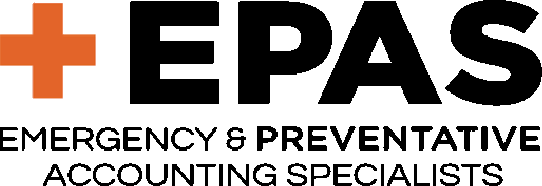At EPAS we are always talking about the health and profit of the business. The things you need to know like knowing your profit margin and competition – and then increasing your prices – are the first step to really making your business transactions profitable. There are, however, some tips that you can follow to keep the profit in YOUR pocket.
First, let’s start with what NOT to do:
1. Do not destroy your profit margin with discounting.
You’ve worked extremely hard to set your prices and ensure a profitable profit margin. DO NOT destroy all of this hard work you’ve done. If you discount your prices, ensure that it’s not causing you to sell significantly more to stay afloat. Any discount you provide should allow you to still be profitable even without the projected increase in sales. Otherwise, what’s the point of discounting?
2. Do use your product or service pricing to be competitive.
Use your product or service to be competitive, not the pricing of said product or service. When you have a good product or excellent service, people will continue to return to your business. Don’t lower your prices, profit margin and income, work on your business. Your product, your service, your customer service – make them set you apart.
Delaying your payments or taking a payment plan can leave you spending more money in the end. Paying in full to avoid interest will leave you more profitable, AND many suppliers offer discounts for paying in cash upfront.
But what SHOULD you do to keep your profit in your small business? Here are a couple of tips to make the most of your sales:
1. Use theft prevention systems.
Losing cash and inventory is expensive. Employees and customers are both common culprits of theft of your goods or cash, and you should have a theft prevention system in place for your small business. For example, a retail store might require employees to have a “bag check” before stepping out the door at the end of a shift. Also, you should always have a checks and balances system for your bills and banking.
2. Check and double-check your bills.
Look over what you’re paying for. This seems like common sense, but many times we just sign off on things because we trust our suppliers because we’re busy, or because we’ve done it so many times before. Make sure your pricing hasn’t gone up without notification, and make sure you’re getting what you’re paying for.
3. Keep track of your stock and supplies!
Please please please keep track of your inventory. If you keep track of your supplies and stock, you’ll be much less susceptible to theft and over-buying. You’ll know exactly how much things cost, what you’re spending and what is selling best. Keeping track of your inventory is one of the best ways to know your business. You might be surprised at what you can find by monitoring it closely.
Try implementing some of these tips into your small business. How much more money do you have in your pocket at the end of a few months?



